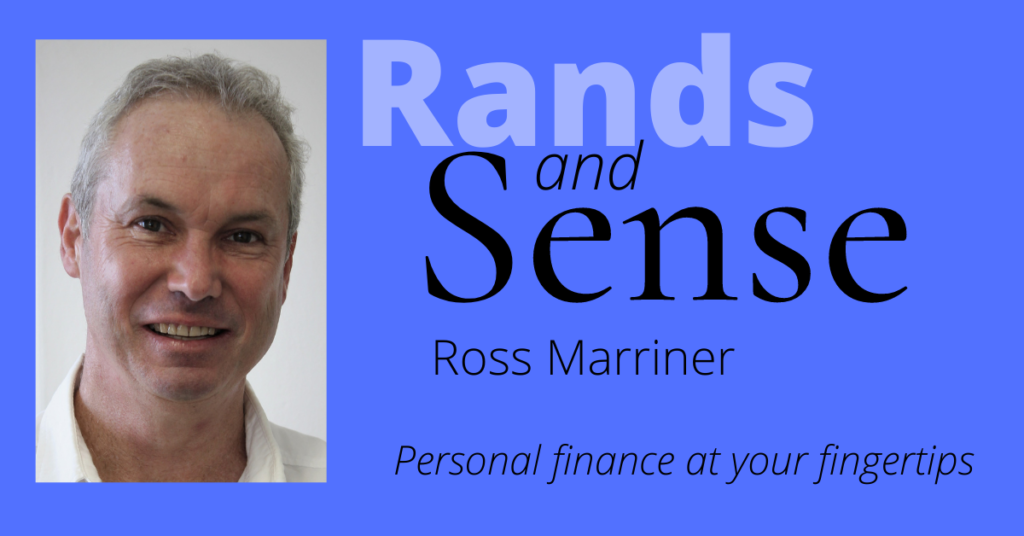One of the many unfortunate side-effects of the COVID-19 pandemic and associated prolonged lock-downs has been the time it now takes the Master’s Office to expedite applications.
The Master’s Office is a division of the Department of Justice. Among other responsibilities, officers in the Master’s division supervise the administration of deceased estates, the estates of persons under curatorship and the estates of insolvent persons.
What do a few extra months of processing time at the Master’s Office mean for the ordinary person? The appointment of an executor by the Master of the High Court can take anything from three weeks to several months to expedite. Once appointed, the executor not only has to engage with the Master’s Office but also other government departments such as the South African Revenue Service and the Department of Home Affairs. This could mean that the beneficiaries of a deceased estate may have to wait for months, if not years, before receiving any cash, investments or other items bequeathed to them in the will of a loved one.
What can you do about this? Firstly, it is critical to deal with a fiduciary practitioner to ensure that your will is legally sound, that your wishes are practically feasible and that there will be adequate funds in your estate for your wishes to be accommodated.
Secondly, you should engage with an experienced Certified Financial Planner® to structure your investments in such a way that some of your assets fall outside of your estate when estate duty and executors’ fees are calculated. In addition, some of your investments should ideally be able to be transferred directly to your beneficiaries without approval from the Master’s Office in the event of your passing away. It would help if you also ensured that there is sufficient liquidity in your estate so that your beneficiaries can survive while your estate is being wound up. You also do not want your executor to have to sell assets to make up for any shortfall to cover death duties.
Products falling outside the ambit of the Master’s Office include retirement funds such as retirement annuities, preservation funds and living annuities, and life-wrapped investment products such as endowments and sinking funds. You can nominate a beneficiary (or beneficiaries) to receive the proceeds of these investments in the event of your death. With these investments, your loved ones will have access to cash while they are waiting for the rest of your estate to be wound up.
Suppose you opt to nominate your estate as the beneficiary for any of your investments. In that case, the proceeds will eventually be paid into your estate, potentially delaying the process of ultimately being paid to your loved ones.
It is vital to have an estate plan that caters for eventualities, such as dealing with extremely long delays at the Master’s Office. It is hard enough to deal with the loss of a loved one during this challenging time, but to do so without access to cash puts enormous strain on most families. An experienced Certified Financial Planner® will assist you in structuring your investments optimally according to your individual needs.
Rands and Sense is a monthly column written by Ross Marriner, a CERTIFIED FINANCIAL PLANNER® with PSG Wealth. His Financial Planning Office number is 046 622 2891


